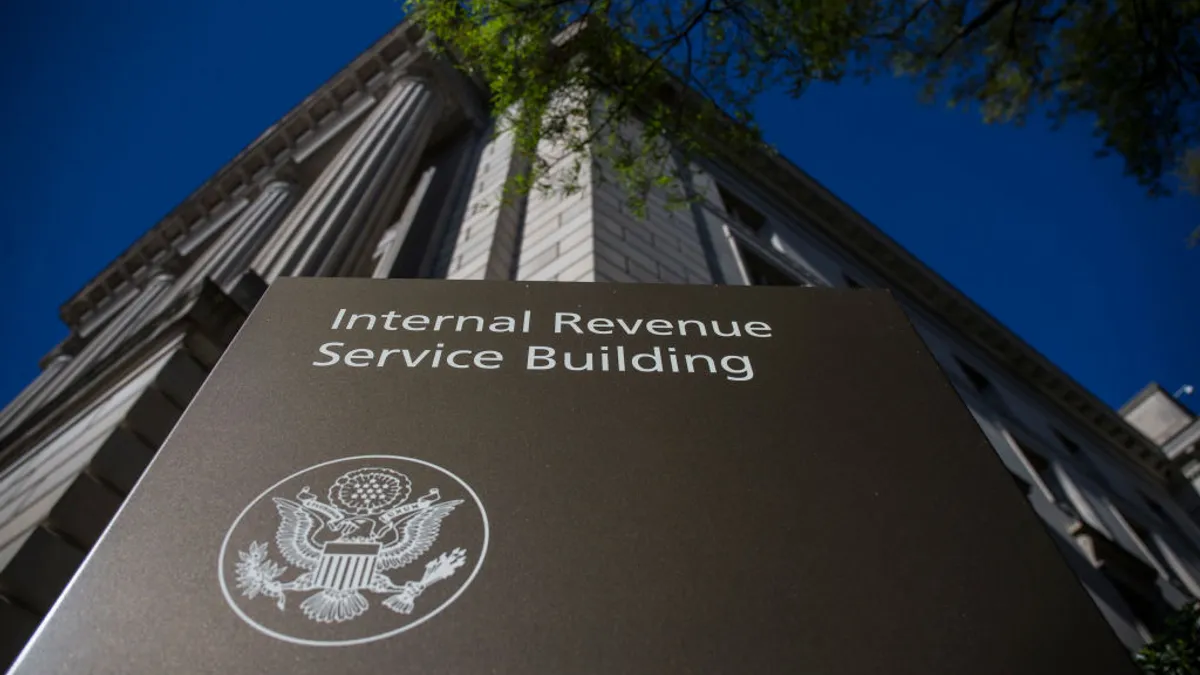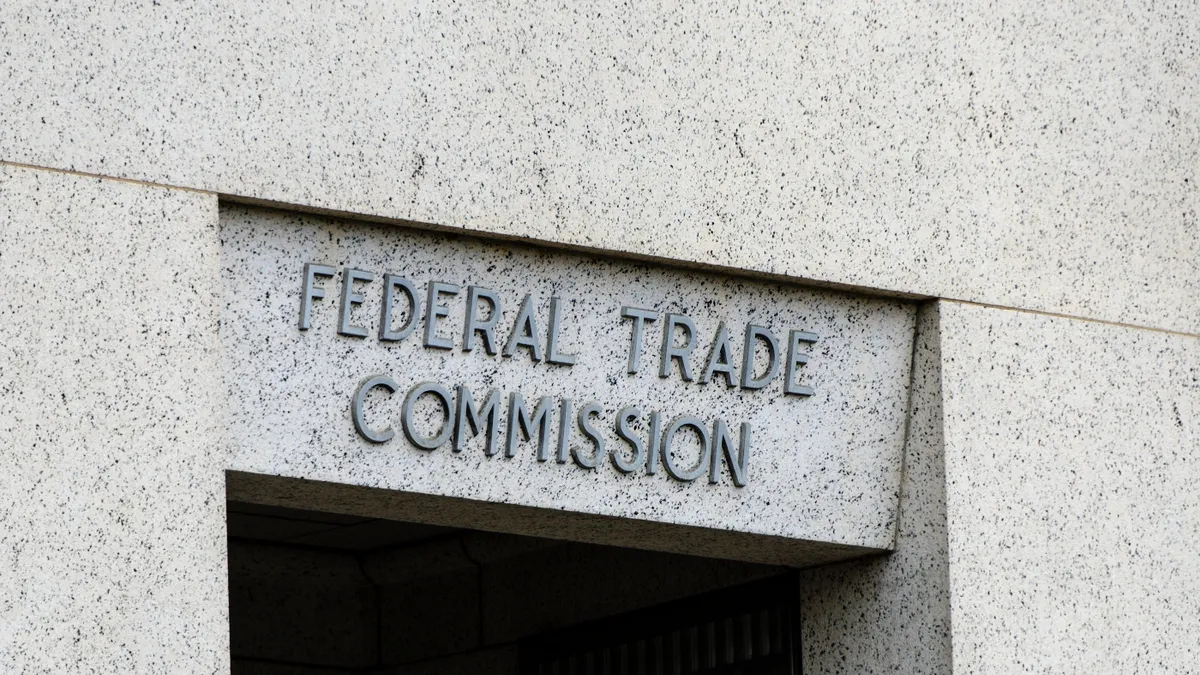The Securities and Exchange Commission will likely take more regulatory action on special purpose acquisition companies (SPACs) by the end of summer, a former SEC commissioner says, potentially setting up a showdown in the courts as companies and investors push back against the SEC’s efforts to curb SPACs.
“At some point there will be people who will push back and this may well be tested in court if the SEC is overly aggressive on this,” Paul Atkins, CEO of Patomak Global Partners and former SEC commissioner, said last week in a webcast hosted by capital market company B. Riley Financial.
Although action the SEC took in late March and early April to curb SPACs was done at the staff level, under new chairman Gary Gensler, the agency will likely take additional steps with commissioner backing.
“What the SEC is testing now is the strength of the regulatory regime,” Atkins said, “to see whether things need to be beefed up.”
Sand in the gears
The SEC’s earlier action sent shock waves through the startup and investor communities, what Atkins called a “Friday afternoon bomb,” because it challenged industry practices and came from acting staff heads who were reporting to an acting chair.
“All of this was done without commissioner involvement,” he said. “Maybe they gave the commissioners a head’s up. It would not necessarily have been voted on by the commissioners, so that was done on a staff level by an acting director working for an acting chairman. That’s not really the best of due process, frankly, for something that had been pretty much settled.”
Among other things, the SEC advised companies to account for warrants they issue as an investment inducement as liabilities rather than as equity, and also questioned whether SPACs were protected under a safe harbor for the accuracy of their forward-looking projections.
“Things pretty much ground to a halt,” he said. “Accountants didn’t want to put their consents into the reports in the registration statements.”
The SEC has argued the warrants are liabilities because companies could be on the hook for repaying them in cash if investors were to exercise their selling rights, but accounting specialists say that’s unlikely to happen because there’s no realistic scenario in which investors would have a financial incentive to do that. Nor is the SEC challenging operating companies’ practice of accounting for warrants as equity.
“Why should SPAC warrants be treated any differently than for an operating company?” Atkins asked.
Slower approvals
Since the SEC statements came out, SPAC approvals have slowed dramatically. About half a dozen SPACs, which enable companies to go public without having to file a traditional IPO by merging with a publicly traded blank-check company, have been approved in the last few weeks. That shows approvals are still happening, but the number represents a trickle compared to the hundreds that were lining up in just the first few months of 2021.
“There’s no question they wanted to take the air out of the balloon, and they effectively did that,” he said.
It’s too soon to know what additional steps the SEC will take to keep SPACs from becoming a major risk to investors, who see them as a way to generate high yields while interest rates remain low. But there’s plenty the agency can do given the regulatory authority it has, Atkins said.
“If the SEC wanted to really be aggressive [they could require the SPAC to have] an operating company from the get-go and three years of financials and drill down that way,” he said. “That would be extremely aggressive.”
Whatever the SEC decides to do under Gensler will probably be done with an important audience in mind: Congress. “When Congress gets involved in things like this, it rarely turns out very well,” Atkins said.
Traditionally, Congress has deferred to the SEC on regulatory matters, and that will probably be the case here, he said. But SPACs have nevertheless grabbed lawmakers’ attention, in part because of the celebrity-generated hype they’ve received. A number of celebrities have leveraged the attention they command in the media to drive investors to SPACs they’re sponsoring.
“SPACs are on the agenda,” he said.
The House Financial Services Committee has scheduled a hearing May 24 to look at SPACs as part of a broader probe into IPOs, and in the Senate, John Kennedy (R-La.), introduced a bill to ensure investors have adequate transparency into SPAC deals, particularly when it comes to what are called “founder’s shares,” a special class of shares that go to the SPAC sponsors after the merger is completed.
“This type of compensation does not exist as part of traditional IPOs,” said Kennedy in his statement introducing the bill. “When SPAC sponsors convert the shares that they receive in the merged company, the public’s shares of that company are diluted and lose value. The valuation of SPAC shares may fall even further if a SPAC sponsor chooses a weak company with which to merge.”
Enactment is unlikely
The chance of any SPAC legislation making it through the House and Senate for signature by President Biden is small, Langston Emerson, a principal with the public policy consulting firm Mindset, said in the webcast. But the congressional activity is key to ensuring whatever risks SPACs pose are brought to light and lawmakers can determine if the SEC has matters under control.
“This will be part of a broader deep dive,” Emerson said.
For Republicans, spotlighting the issue will provide a chance to get educated about something many of them aren’t familiar with and help them determine whether the risk SPACs pose matches the hype they’re getting in the media.
“SPACs are either misunderstood or not understood at all,” Chris Brown, principal at Mindset, said. “The primary source of information is coming out of the media. This is an opportunity to get out and ensure the narrative is balanced.”
That narrative, Brown said, should include the role SPACs are playing in helping small and mid-sized companies, especially those in forward-looking industries, get access to public markets so they can grow their business and create jobs.
“Once you get past the headline, [you can] understand the role SPACs play in the capital markets for emerging technologies and clean energy companies,” he said. “Not all SPACs are created equal. We need to get past the fervor coming out of the media.”




















